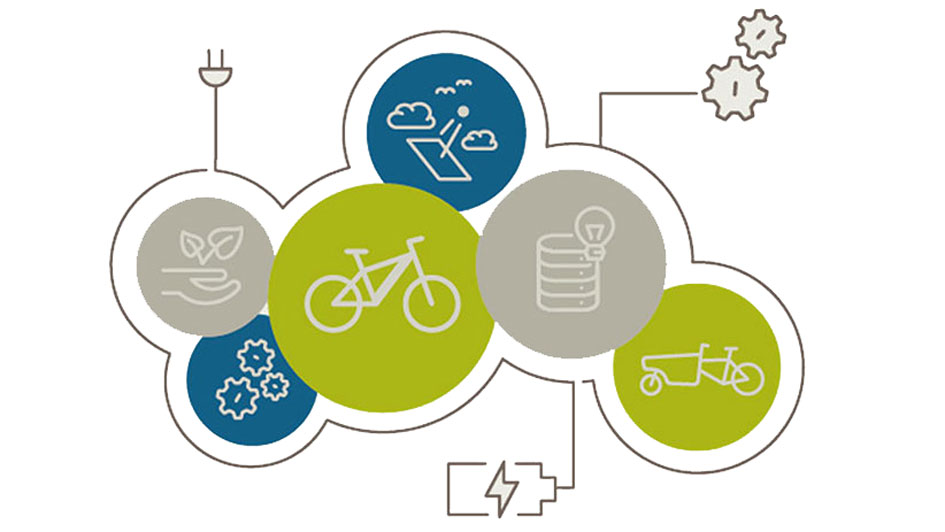Revolutionizing e-mobility in Kenya: Three innovative projects spearhead sustainable solutions

The Siemens Stiftung supports the rollout of e-mobility solutions in Kenya.
© Siemens Stiftung
In partnership with GIZ Kenya, Siemens Stiftung is supporting three innovative research and development projects led by five Kenyan enterprises. Over the course of up to 15 months, these teams will focuse on enhancing the social and economic impact of e-mobility. They will tackle challenges such as battery end-of-life management, access to e-mobility for farming communities, and the affordability and sustainability of e-bikes and batteries.
Aligned with market-based principles, these projects are poised to not only address pressing environmental concerns but also foster economic growth, social equity and a commitment to circularity, affordability, and accessibility. The overarching aim of this research and development project is clear: to surmount challenges within Kenya’s e-mobility sector and establish sustainable solutions that resonate with the nation’s needs and aspirations.
Findings and insights garnered from these endeavours will be disseminated through comprehensive study reports, engaging conferences, and informative webinars, ensuring that stakeholders across the e-mobility spectrum can leverage this knowledge to enhance their services and practices.
Selected projects
- eWAKA Mobility Limited specializes in sustainable and efficient last mile transportation solutions with a focus on electric bicycles (cargo e-bikes) tailored for the unique demands of dense urban and peri-urban areas. Their project under the title “Boosting Farmer Profits with Eco-Friendly Transport: Efficient Electric Cargo Bicycles for Direct Market Access,” seeks to improve market access and profitability for small-scale farmers in Kiambu County through the use of electric cargo bicycles. The research will focus on usage patterns, economic impacts, and transportation challenges faced by farmers in the region
- Enviroserve Kenya develops environmentally friendly and sustainable solutions for the disposal of e-waste in line with the concept of a circular economy. Their project titled “Retesting and Reuse of Lithium-Ion Batteries and Research into Battery Shredding” involves the testing and potential reuse of lithium-ion battery cells, alongside research into battery shredding. This effort will include identifying best use cases, assessing quality impacts, and understanding material refurbishment effects to enhance battery lifespan and recycling efficiency.
- Ecobodaa, Kiri EV and Transboda provide affordable, connected electric motorcycle taxis (bodaboda’s) to riders in Kenya. Their project under the title “Accelerating Electric-Two and Electric-Three Wheelers Adoption in Africa Through Achieving Battery Interoperability And A Robust Energy Payment Platform,” aims to develop the standardization and inter-operability of lithium-ion batteries alongside implementing an energy payment platform to promote the adoption of electric two and three-wheelers across Africa.


